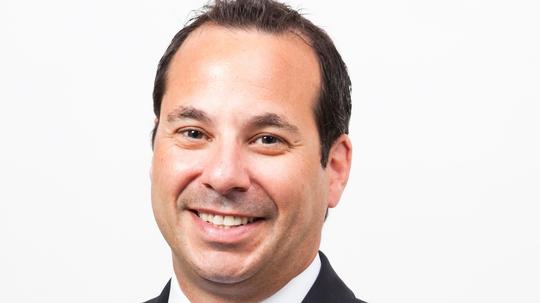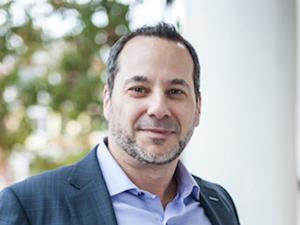
Baltimore nanotechnology company Pixelligent has raised $38 million to help fund the commercialization of its technology to help improve augmented reality headsets and displays.
The money comes through a funding vehicle managed by MVolution Partners. The funding vehicle is akin to a loan backed by the value of Pixelligent’s patents. Aon, a financial services company, evaluated the value of the Baltimore company’s intellectual property to facilitate the loan. The loan enables Pixelligent to gain capital without needing to dilute control of the company by giving up more equity.
Along with the $38 million vehicle, the company also received $7 million through an equity raise, which included backing from the Abell Foundation, CEO Craig Bandes said.
The company will primarily use the funding to create new ways to use its nanocrystals. Nanocrystals are incredibly small particles that are used for a variety of industrial applications, from refining crude oil to Pixelligent's focus on digital images and lighting. Pixelligent’s technology has several applications, including lubricants for industrial devices, but the company has a big focus on increasing the display quality for augmented reality headsets with its PixClear brand. Augmented reality devices work to integrate digital displays and information with the user's real-world environment.
“The only way you’ll get mass adaptation of these headsets is if the image in front of you looks great,” Bandes said.
The company’s primary customer base is in Asia, where many companies in augmented reality are located, Bandes said. Along with working to improve augmented reality, Pixelligent also works on improving optical sensors and digital displays for smartphones and TVs.
Another chunk of the recently raised money will be used to fund research to develop a new nanoparticle with different applications than Pixelligent's current technology.
“Every time you come up with a new nanoparticle, that nanoparticle then goes into dozens of other products, with tens of thousands of different applications,” Bandes said.
The company has been making other efforts to expand the commercial applications of its technology this year. In September, Pixelligent earned a $1.9 million grant from the U.S Department of Energy to create lubricants to improve the life span of machines such as wind turbines.
Despite the market downturn this year, Pixelligent is one of several Baltimore companies that have raised substantial amounts of capital recently. Annapolis private aircraft company Aerovanti raised $100 million through a similar financing method to purchase new planes, while SpeedVision raised $3.2 million to resurrect an old cable tv station focused on cars as a streaming service. Bandes believes that more companies will pursue alternative methods of funding outside of traditional venture capital to avoid giving up too much ownership in a business now that valuations are low.
"There's always a risk since you have to find a way to pay that back. With equity, you don't, but [you have] less ownership," Bandes said.










